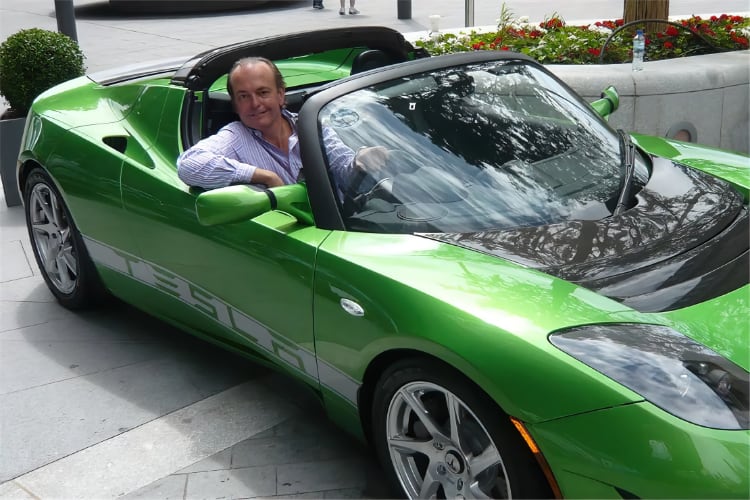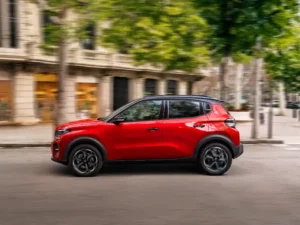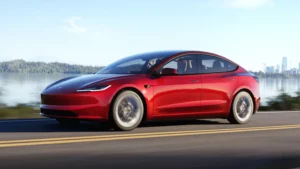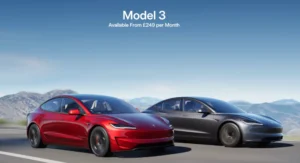Campaigners are calling for a halt to an ‘unfair’ policy that sees EV driver forced to pay four times more tax for electricity from public charge-points compared to home charge-points.
Pressure group FairCharge has highlighted that VAT on domestic electricity is five per cent as opposed to 20 per cent for on-street chargers.
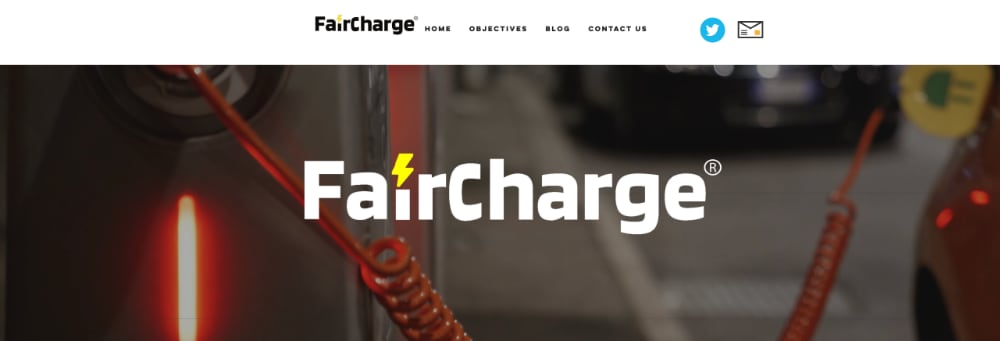
It is putting pressure on the Treasury to scrap the ‘unfair’ policy.
Automotive journalist and ex-Top Gear presenter Quentin Willson, who is leading FairCharge, which is a new campaign to remove barriers to the transition to electric cars, said owning an EV must be ‘affordable and practical for hard-pressed families and businesses’.
But, he added, some government decisions ‘have done nothing to help expand EV use beyond the wealthy’.
Willson, who co-founded fuel price lobby group FairFuelUK in 2010, said: ‘If we are going to increase EV uptake, then we need to have far-sighted, fair government policies that make EVs appealing to everyone.
‘One of FairCharge’s first missions is to stop those who use public chargepoints having to pay VAT at 20 per cent in stark contrast to the five per cent rate on domestic electricity for those who are fortunate enough to be able to charge at home.
‘This isn’t just unfair, it’s a policy mistake that will hinder EV take-up and impact on exactly those who we want to see enjoy the benefits of an EV.’
FairCharge also wants high-speed public chargepoints across the UK as well as low-cost funding options for new and used EVs so they can be driven by the widest socio-economic groups possible.
More than 74,000 people have signed an online petition by FairCharge urging chancellor Rishi Sunak and transport secretary Grant Shapps to ‘make electric vehicles fairer and more affordable before it’s too late’.
In response, a Treasury spokesman said: ‘The UK is leading the way on the transition to net zero – and has reduced emissions faster than any other country in the G20 and continues to have the most ambitious climate targets for 2030.
‘To drive the UK’s move to electric vehicles, we have provided over £2.5bn to cut down purchase costs for drivers and to build the necessary infrastructure to support their usage, such as local on-street residential charging and targeted plug-in vehicle grants.’
Figures from the SMMT show plug-in vehicles accounted for more than one in six new cars registered in the UK last year.
The RAC, which is supporting FairCharge, said a survey it commissioned last year indicated that 38 per cent of drivers wouldn’t be able to charge an EV at home.
The poll also suggested that 63 per cent of motorists don’t think there are enough public chargepoints, and 57 per cent who aren’t likely to opt for an electric car say it’s because they cost more than similar petrol and diesel models.
Join Faircharge and help lead the change. Visit https://www.faircharge.co.uk/

